Roman Mythology
-

As a tutor, I encountered challenges while teaching the Roman law of slavery, as resistance to the subject from students became increasingly evident. Many perceived it as an irrelevant discipline, likening it to minor courtly details. Why should anyone care about the jurists’ discussions on debt recovery linked to a master’s slave when slavery itself…
-
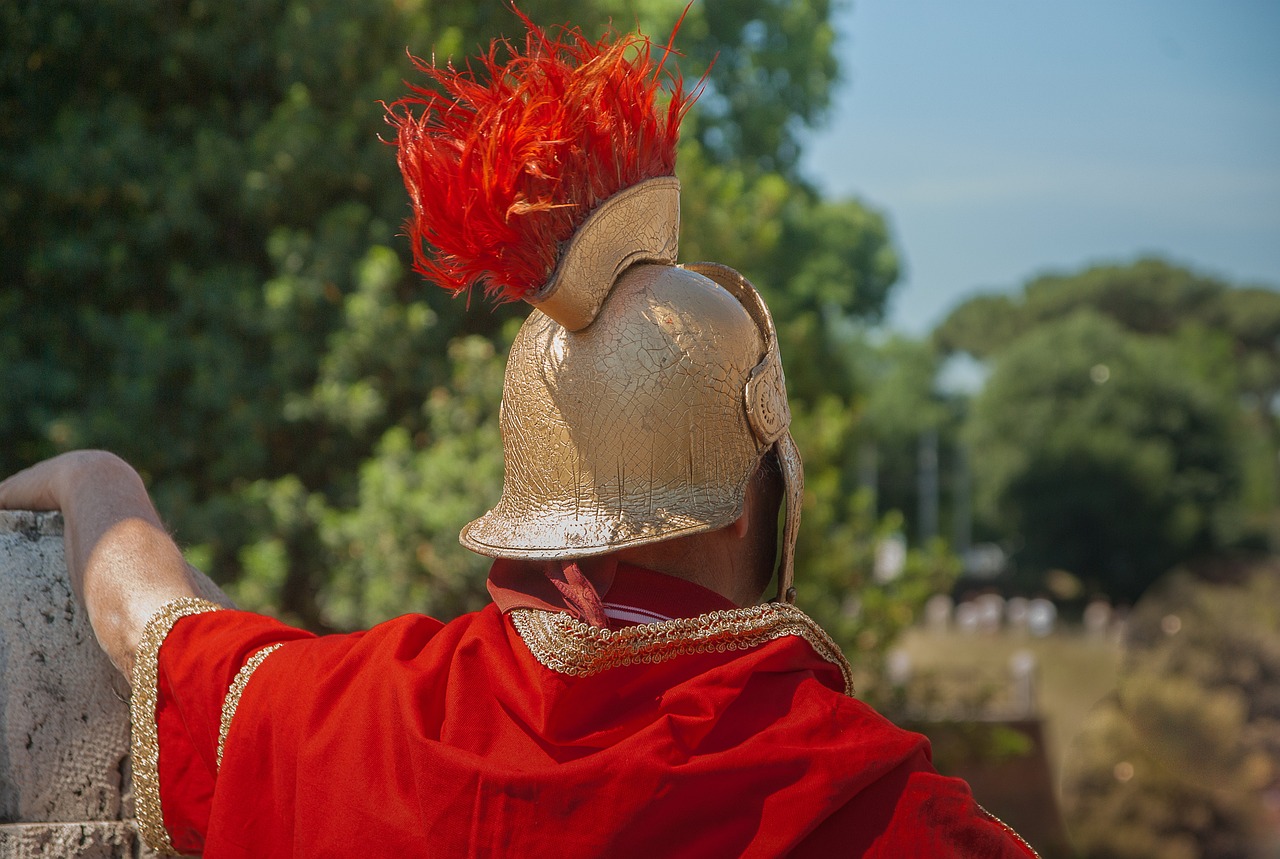
Roman Religion: An Overview of Beliefs and Practices Roman religion encompasses the beliefs and rituals practiced by the inhabitants of the Italian peninsula from antiquity until Christianity’s rise in the 4th century CE, a period often referred to as Classical antiquity. The Roman orator Cicero noted that Romans held a unique understanding of their world,…
-
Tyche: The Goddess of Fortune in Greek Mythology Overview Tyche (or Tykhe) represents the divine concepts of fortune, chance, fate, and providence in ancient Greek belief. Often depicted positively, she was also known as Eutykhia, the goddess associated with good fortunes such as luck and prosperity. Traditionally, Tyche is illustrated with various symbols, such as…
-

Diana, the Roman goddess, held multiple roles in mythology, being known as the deity of childbirth, fertility, the moon, and wild beasts. Above all, however, she is celebrated as the goddess of the hunt, with deer as her sacred animal, and corresponds to the Greek goddess Artemis. As with many mythological narratives, stories about Diana…
-
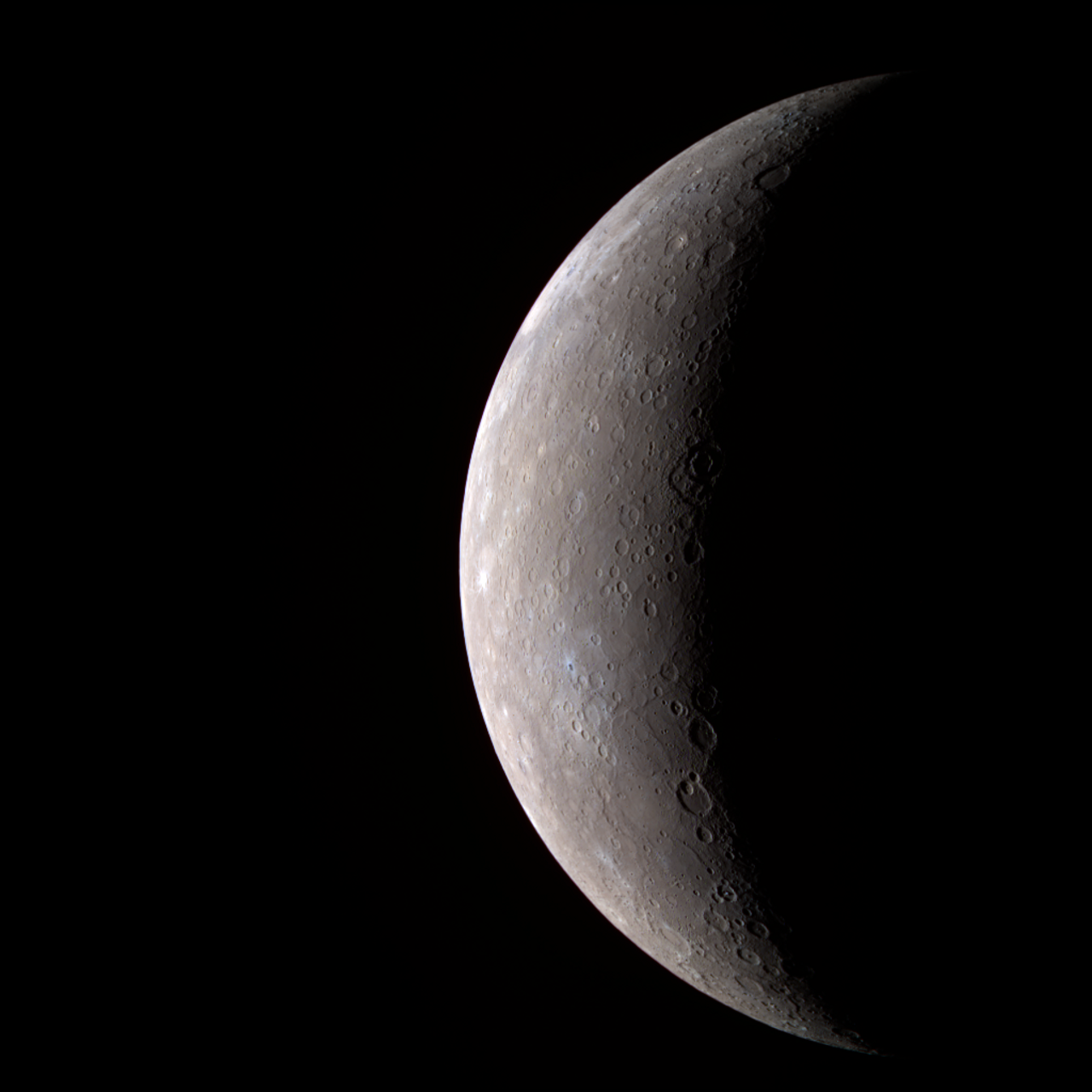
Mercury, known as Mercurius in Roman mythology, served as the deity of trade and a key intermediary between gods and humans. His distinctive winged feet symbolized his swiftness, playing a critical role in the flow of commerce, travel, and communication. Recognized for his patronage over merchants, particularly those in the grain trade, Mercury was often…
-

At a cursory glance, the depiction of the upper half of a man resting upon a pedestal may seem somewhat unremarkable, yet there exists an intriguing oddity that invites further exploration. This bust, which gazes at onlookers with an unusual, expressionless stare, marks my earliest encounter with a symbolic representation that continues to captivate me.…
-
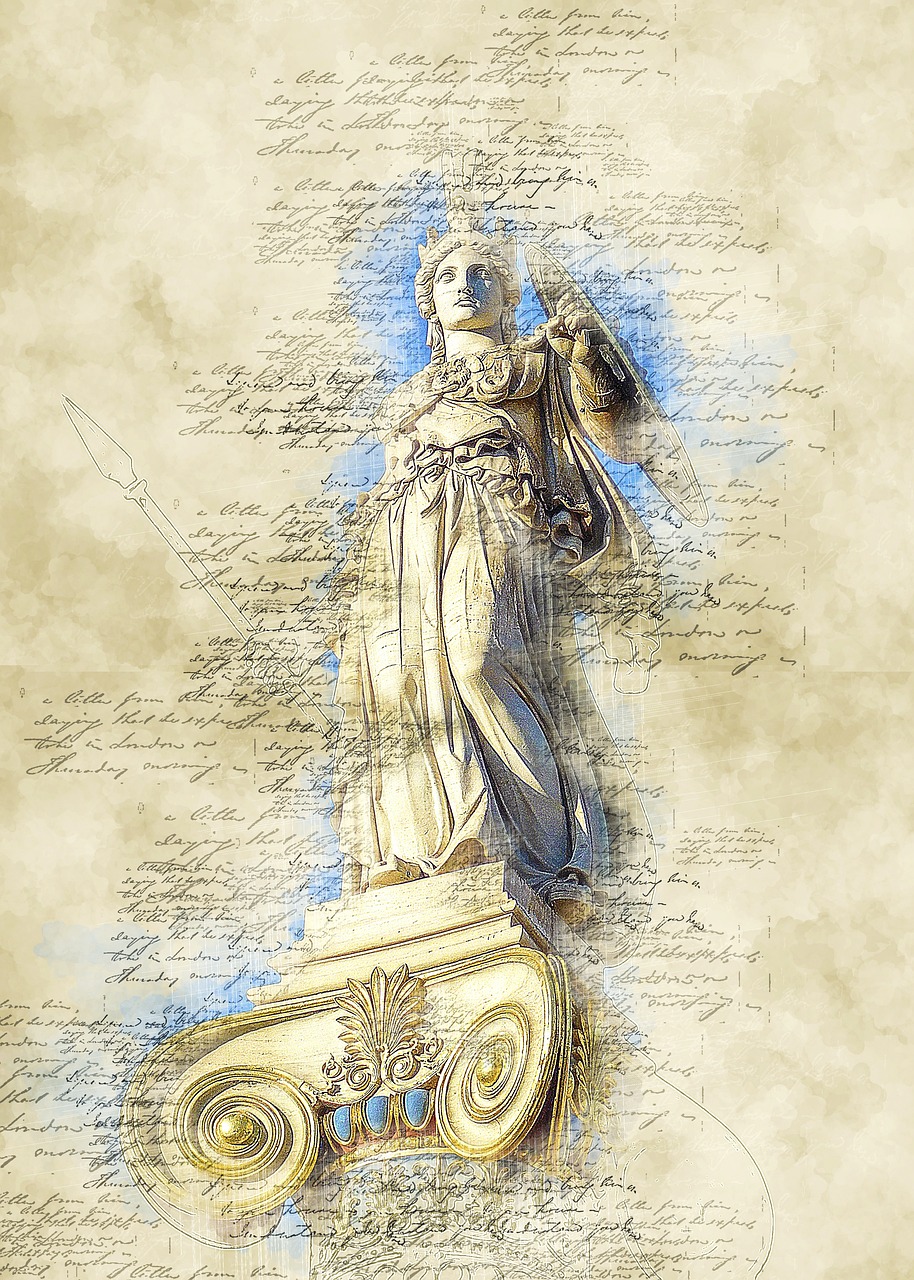
Minerva: The Goddess of Wisdom and Craftsmanship Minerva embodies the divine nature of skilled thought and action, encompassing wisdom, craftsmanship, and strategy. Suitable tributes to this Goddess typically include olives, offerings of silver, intricate needlework, and virtually any artwork showcasing exemplary skill and craftsmanship. It’s also likely that offerings of incense, if not milk, would…
-

The Season of Renewal: Ancient Roman Farming Traditions As winter lingers into late January in New York City, the streets are filled with bundled-up individuals braving the cold. With snow blanketing the ground and the threat of icy temperatures, many find themselves waiting eagerly for the warm embrace of spring to melt the frost and…
-
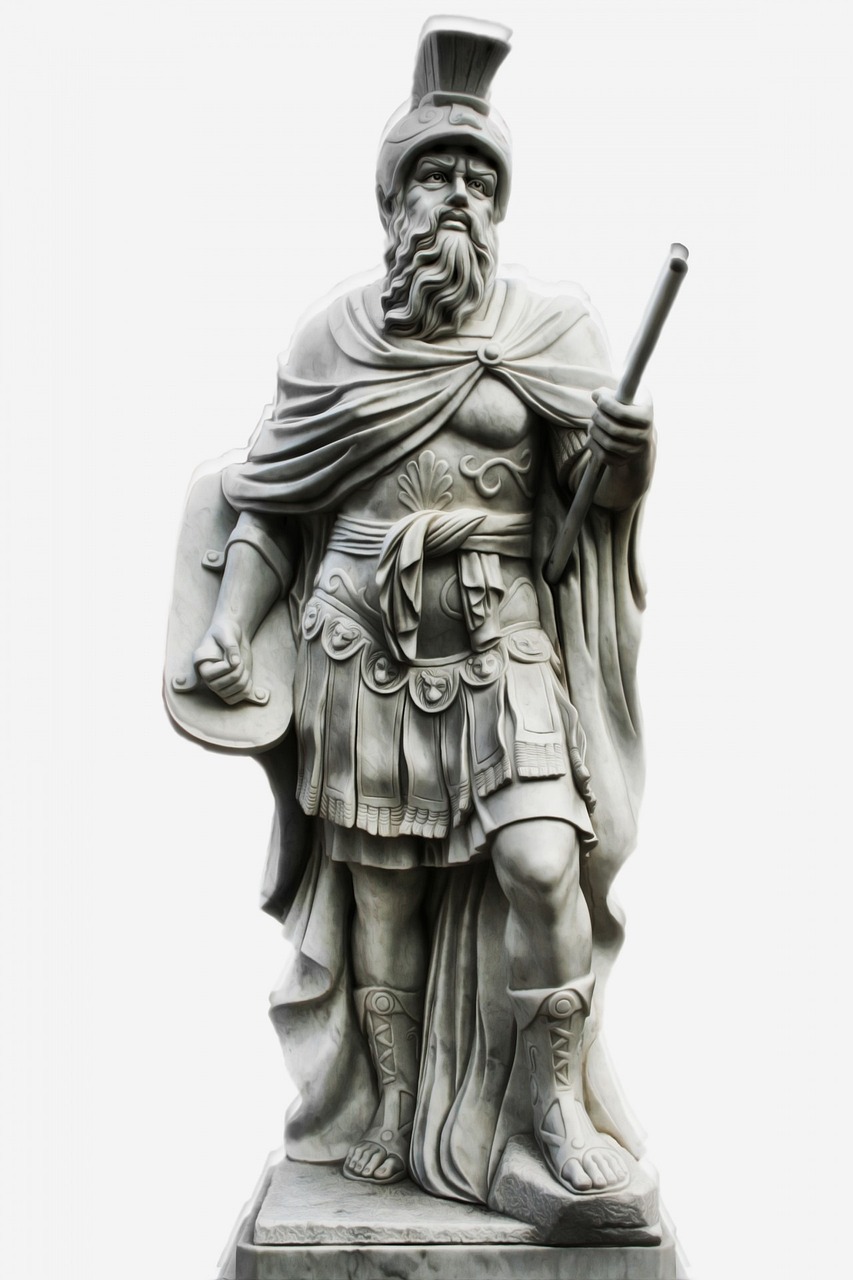
Janus, the dual-headed Roman deity, symbolizes doorways and new beginnings. Nestled along Argiletum Street, the Temple of Janus in Rome connected the Roman Forum with the nearby residential areas. This modest wooden structure points to the ancient roots of Janus’ worship among the Romans. The significance of Janus can be observed through various historical markers;…
-
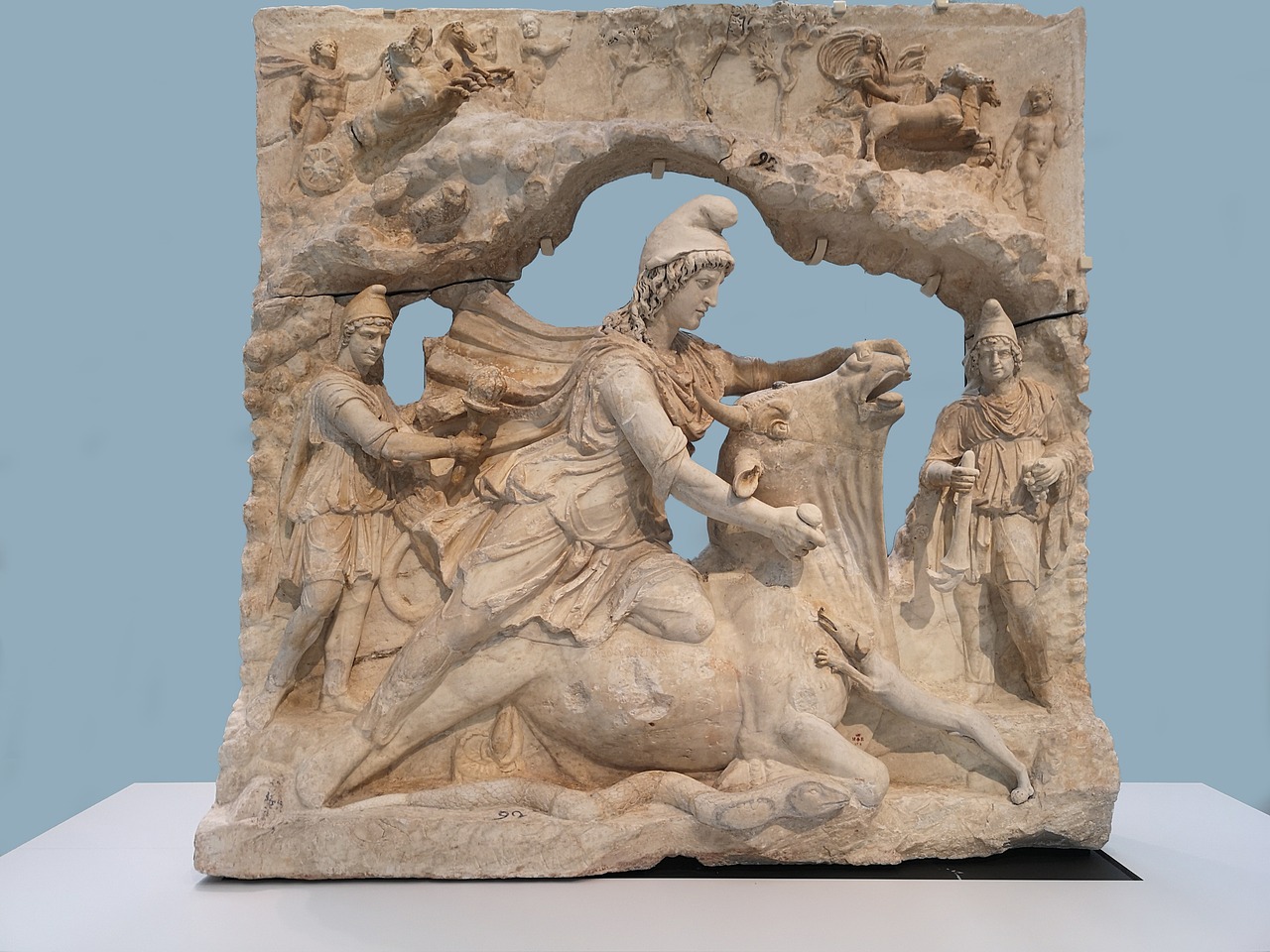
Ernst Renan, the distinguished 19th-century historian and philologist, posits a thought-provoking “what if” scenario: Had the Roman Empire not embraced Christianity, it would likely have adopted Mithraism instead. This contentious idea resonates within the dystopian narrative of Raised by Wolves, illustrating how the Mithraic cult has endured as a focal point for a diverse range…


